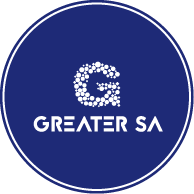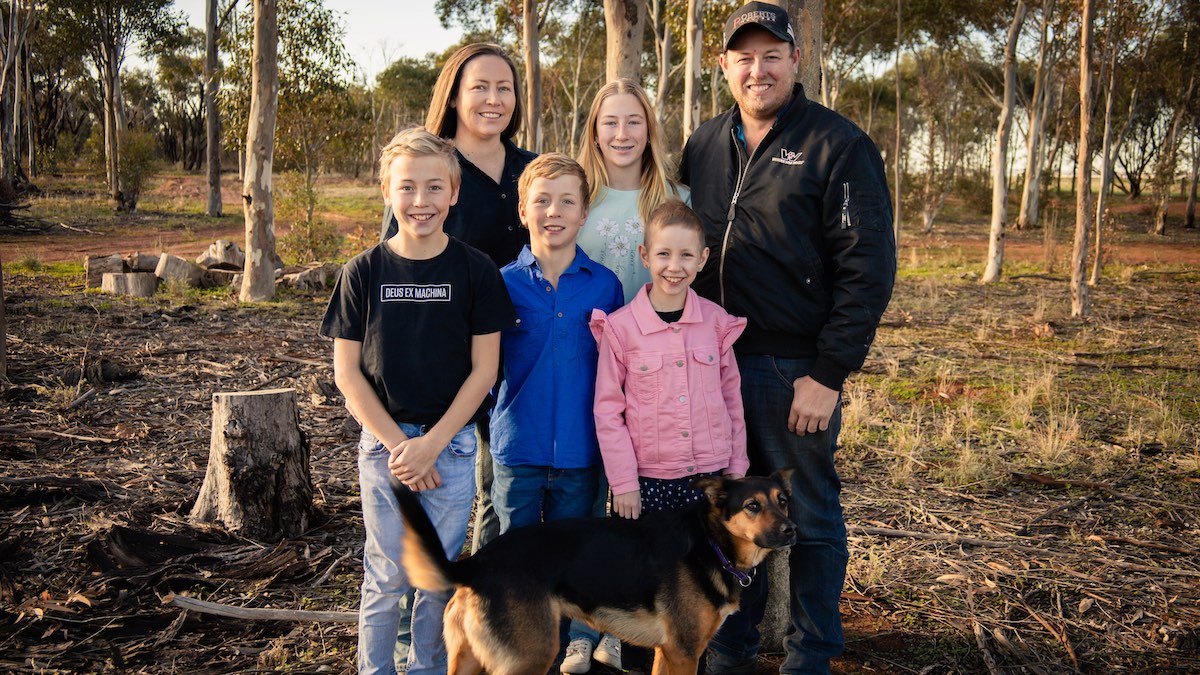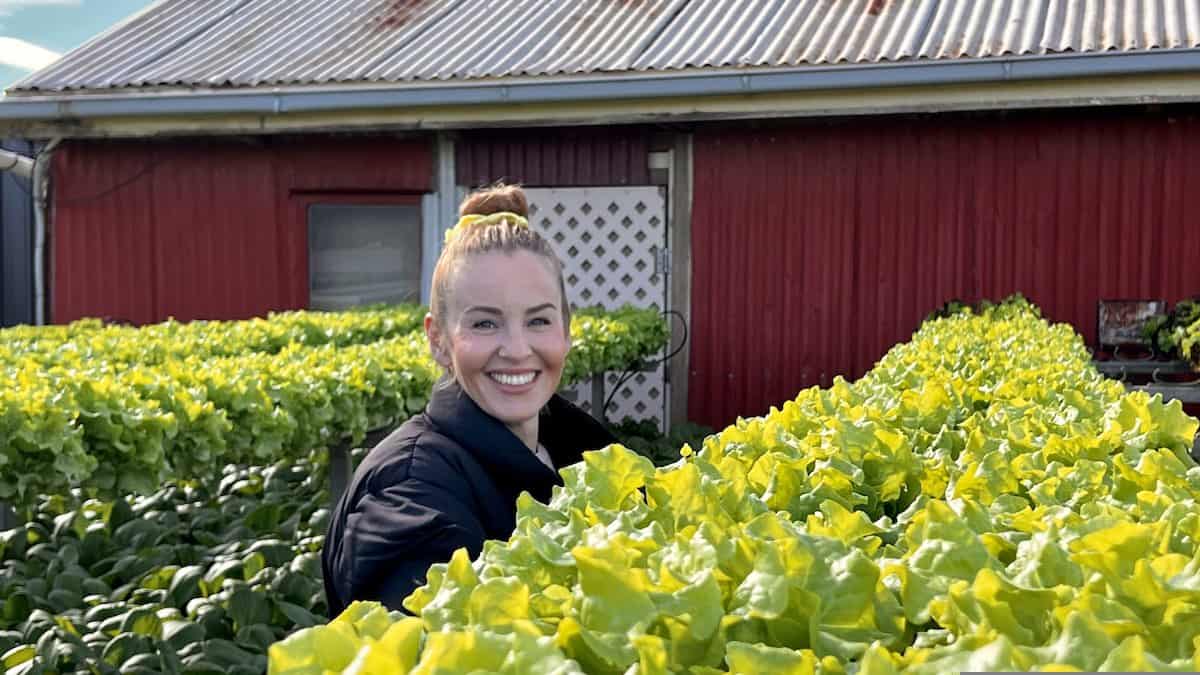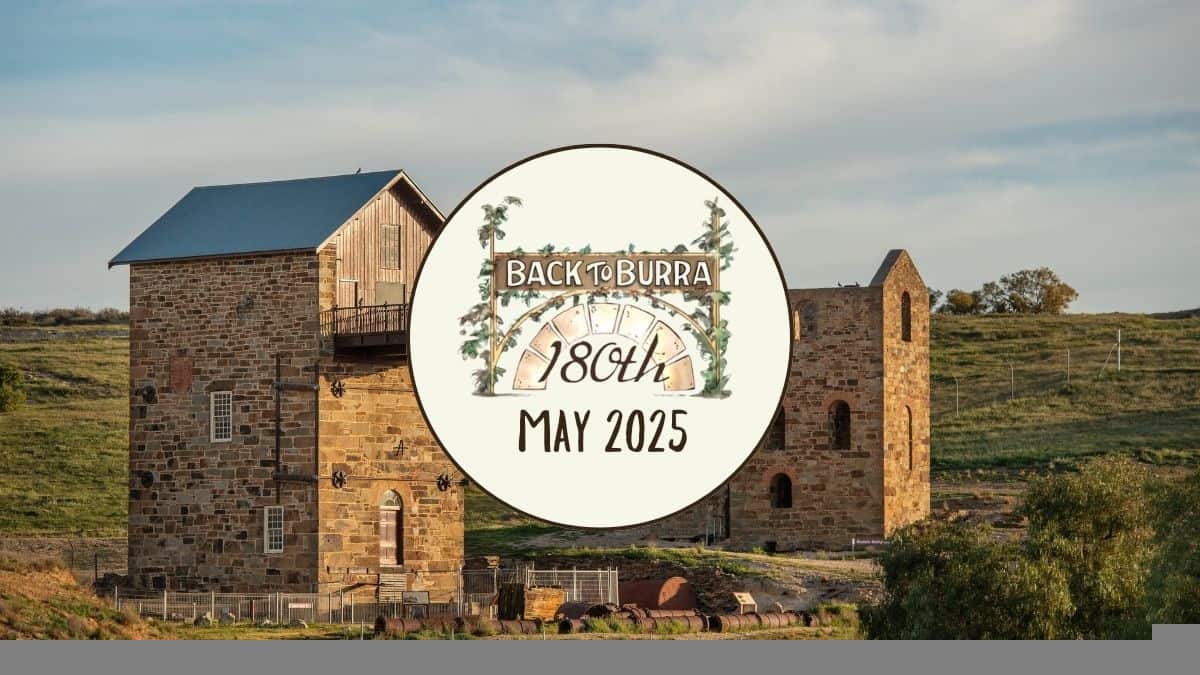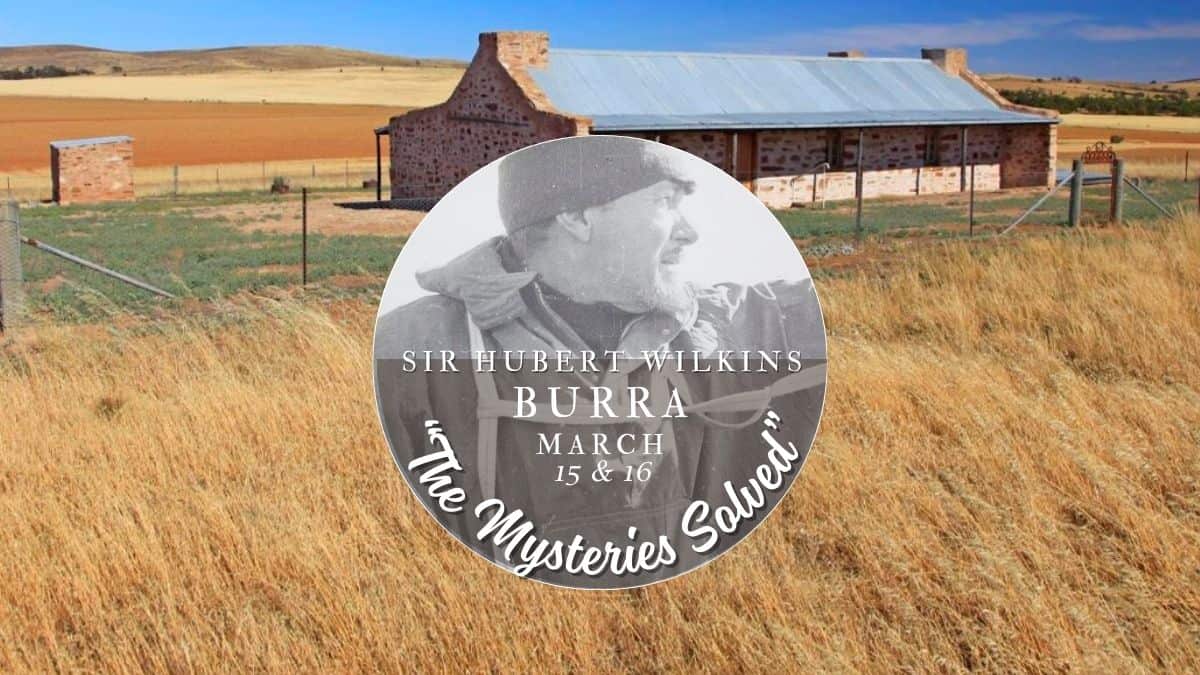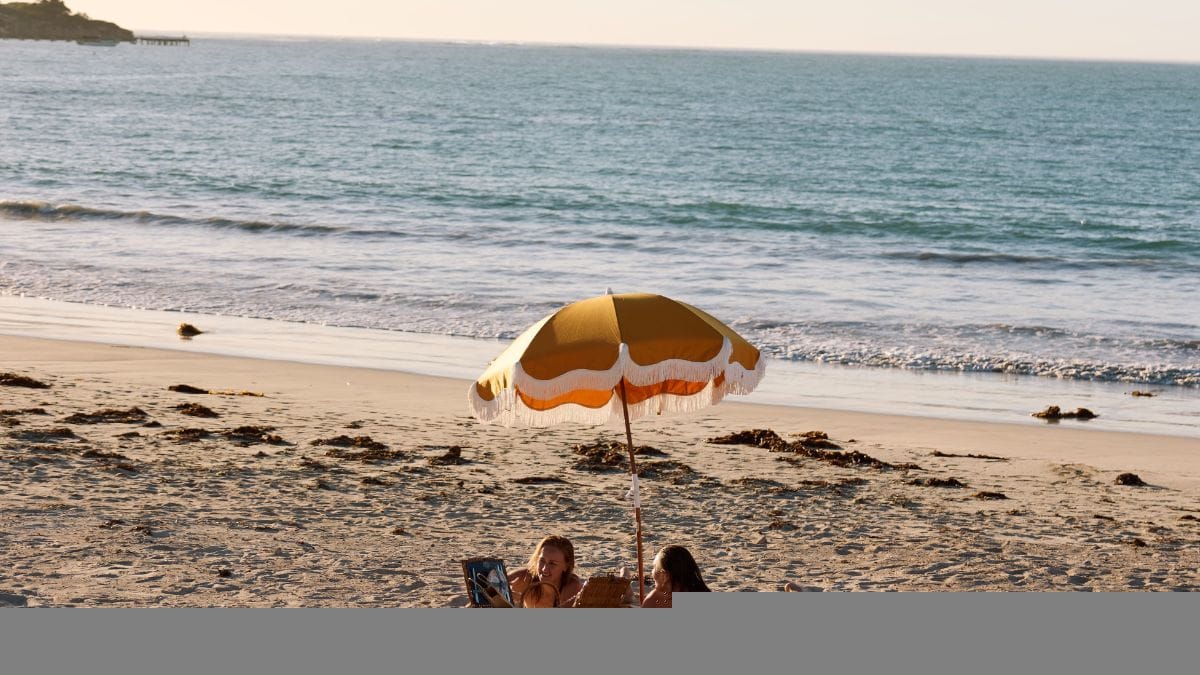Groundbreaking DFMO treatment needed to save happy Holly’s life
A Balaklava farming family is urgently calling on the Federal Government to help save their daughter’s life, and the lives of other Australian children suffering from high-risk neuroblastoma.
The Zerk’s seven-year-old daughter Holly was diagnosed with the aggressive cancer last June.
She had been a happy, active kid, catching the school bus to Balaklava Primary School each day, playing netball, and enjoying the carefree days of being a farm kid alongside her three siblings.
But a phone call from the school a year ago changed life as the young family new it. Holly had an itchy lump on her neck, a suspected bee sting, rapidly growing in size. Mum, Lee-Anne, took her to the local hospital, where she was referred directly to the Women’s and Children’s Hospital.
Those who know Lee-Anne, can attest to her casual nature, always taking life in her stride with little fuss. But that day, life quite literally turned her world upside down. And as doctors told her the lump on Holly’s neck was in fact a large and aggressive tumour that had been silently growing deep inside Holly’s chest, Lee-Anne collapsed in shock.
Her seemingly healthy, happy daughter was suddenly in a fight for her life.
In the following twelve months, Holly bravely endured five rounds of chemotherapy, twelve sessions of radiation, two high-dose chemotherapy rounds with stem cell transplants, and four rounds of immunotherapy. With two more rounds to go, her frontline treatment will be complete in September.
Heartbreaking statistics, but there’s a glimmer of hope for Holly
Around forty Australian children are diagnosed with neuroblastoma each year. Half of those are classified as “high risk” like Holly, giving them a 50 per cent chance of survival after extensive treatment. For those who relapse, that survival rate drops to a heartbreaking five per cent.
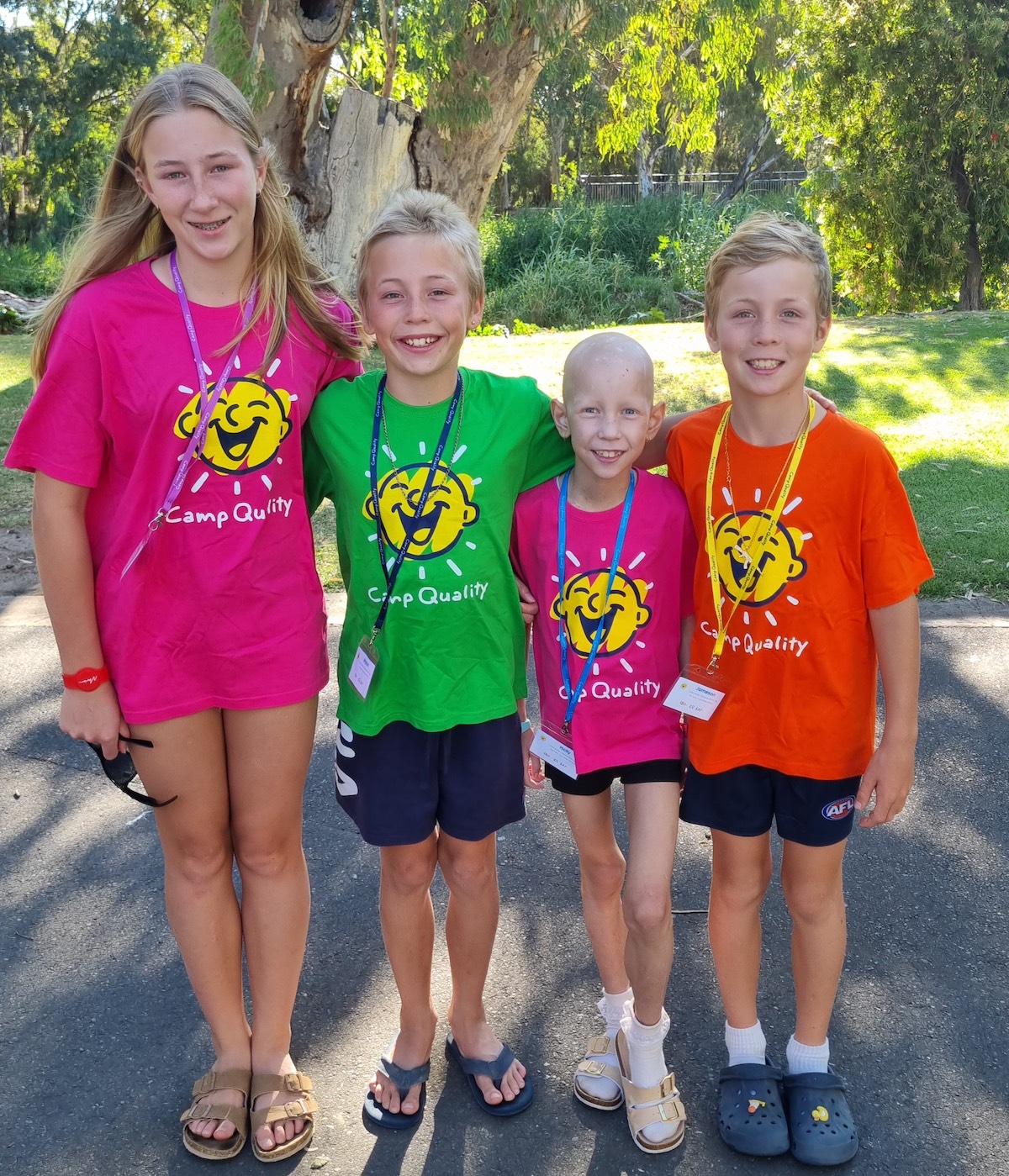
Despite the infectious smile that continues to light up their little girl’s face, Holly’s hope now rests on a groundbreaking treatment called DFMO. Approved by the FDA in the United States in December 2023, the drug has shown promising results in reducing the relapse rate and increasing survival for children with neuroblastoma.
However, this treatment is not yet available in Australia.
Neuroblastoma Australia, along with the Australian and New Zealand Children’s Haematology and Oncology Group (ANZCHOG) and Australian pediatric oncologists, have petitioned the Federal Government to provide interim funding for Australian children with high-risk neuroblastoma to access DFMO. For Holly and other children like her, this treatment could be a lifeline.
“For the best chance of being effective, DFMO needs to be started within 60 days of finishing frontline treatment,” Lee-Anne said.
Without the approval from the Australian Government, the Zerk’s face the daunting and costly prospect of one of them travelling with Holly to the US for the two year treatment program. Determined to explore every possible avenue, separating their young family and coming up with a huge sum of money to fund the life-saving trip might be their best chance at making sure Holly can continue to spread her infectious smile.
Lee-Anne and her partner, Travis, have already travelled thousands of kilometres back and forth from their Balaklava farm to the city, but consider themselves lucky for the support from their close knit family, farming, school and sporting communities, who’ve embodied the spirit of country towns to make life a little bit more bearable during tough times.
“To have a supportive country community and still be within an hour of an amazing oncology team at the Women’s and Children’s is definitely a bonus,” Lee-Anne said.
And as Holly nears the completion of her treatment, the hardworking and devoted parents are pleading for Federal Minister for Health, Mark Butler, to “be the Hero our kids need.”
Health Minister “deeply concerned”
According to the Minister’s spokesperson, Mr Butler’s advisers met with representatives from Neuroblastoma Australia last week.
” The Minister remains deeply concerned about the situation faced by children with neuroblastoma in Australia and is continuing to work with all parties to bring a treatment forward for these children and future children,” the spokesperson said.
“The priority is for children to be able to access safe treatment, either overseas or in an Australian hospital.
This includes looking at support for families for treatment overseas through the Medical Treatment Overseas Program (MTOP) which supports families at no cost to access treatments they can’t currently access in Australia.”
The Therapeutic Goods Administration (TGA) has begun a priority review of an application by an Australian sponsor to register DFMO as a treatment for neuroblastoma.
